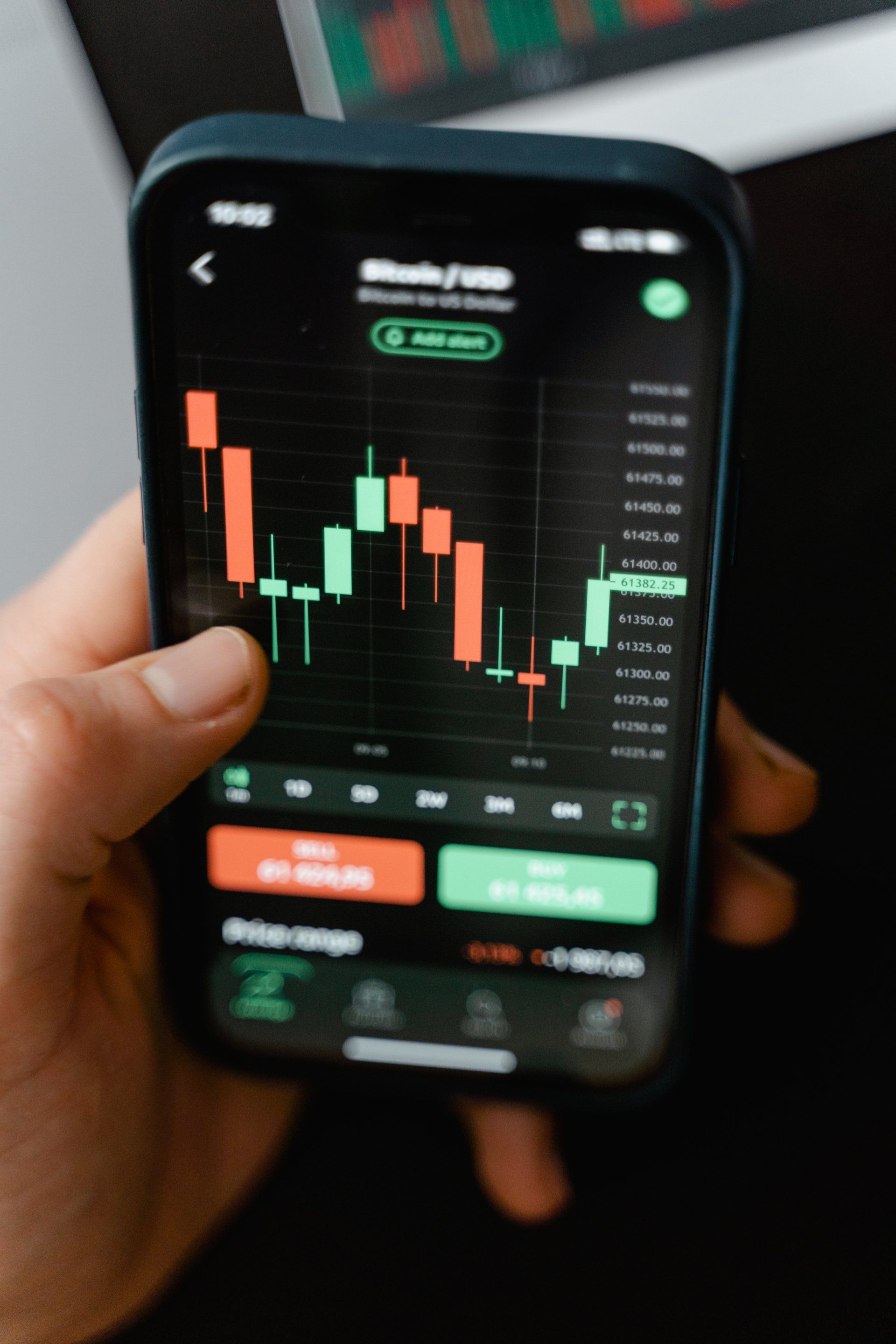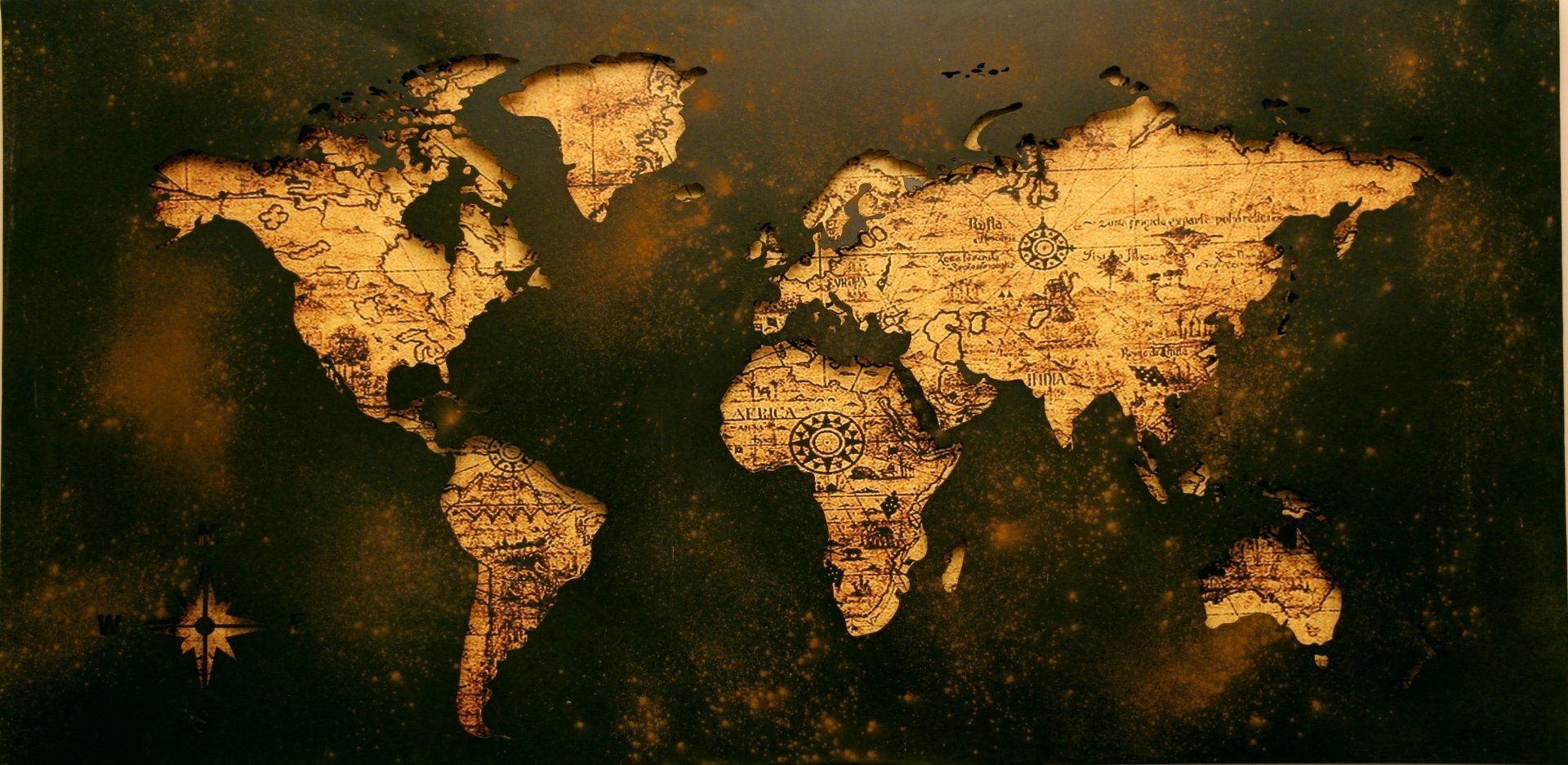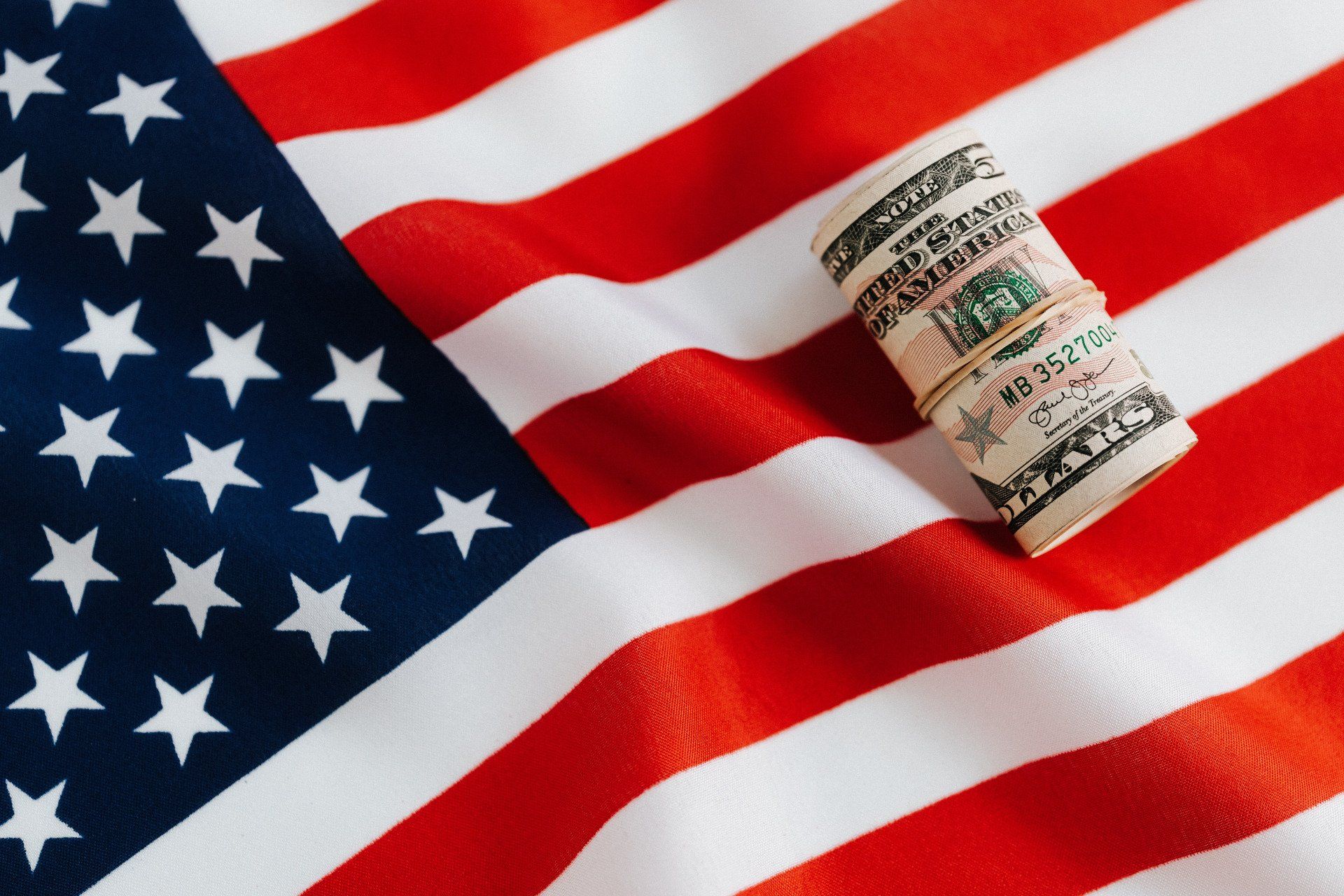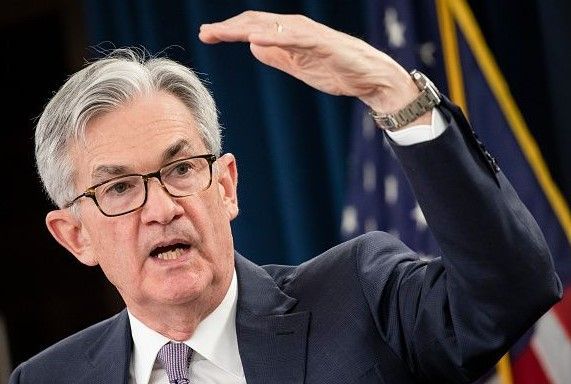What next for the Chinese economy?
With Xi Jinping consolidating power through another term in office last week the markets are getting spooked by China's economic prospects. It's thought that Xi will now focus on the redistribution of wealth and the continued control of the population rather than the economic expansion that we have seen for the past 20 years.
This is not helped by lower than expected growth this year, the poorly performing Chinese real estate sector (particularly the hugely indebted Evergrande business), the crackdown on businesses that don't agree with the party line and the number of wealthy Chinese wanting to execute their 'escape plans' out of the country. Combine that with arguments with the US around chip technology, industrial espionage and the recent delay to issuing GDP data and you can see why investors are feeling nervous.
The result has been a punishing $2 trillion dollar sell off in Emerging Market (EM) equities ranging from China to South Korea so far this year. Because China has been the main driver of growth all markets are feeling the pain. The Hang Seng tech index in Hong Kong fell almost 10 per cent on Monday, its second largest one-day drop on record. The South Korea index has fallen by 38% this year.
But is this negative sentiment premature and is now a good time to buy into Emerging Markets?
Well the supposed experts, the banks, don't agree; now there's a thing! Some argue that the negative speculation is overdone and that there are now some good buying opportunities while others say that structurally Xi is building a regime that is not focused on economic growth and business will suffer. Moreover, because China has become the factory to the world most of its growth has been through exports. With the reduction in demand already seen and the potential continued low demand due to an impending global recession this could be hit pretty hard.
So what do you do with your money. Like everyone you're looking for growth so where do you put it?
This is a classic investment decision scenario, it could even be a case study! It's a do you/don't you question and the experts are giving you different advice. Well what you should do in all cases like this is do your own analysis and research, the same way you would if you were looking at an individual stock you were thinking about buying.
As with all investment decisions you first need to know that you have money to invest, if you need the money or think you're going to need it then don't invest it. Next you need to think about the risk-return equation. That means what level of return do you require to live with the perceived risk of the investment. For example, keeping your money in a bank savings account is low risk and you get a relatively low rate of return. But if you're looking at investing in assets that are more risky you need a higher rate of return because there is potential that you could lose all of your money, something that is unlikely to happen if it's invested in a savings account.
The bottom line here is it's your money so you need to make the decision. So get on the internet and get into some of the detail so you have a basic understanding yourself.
It's just about asking yourself basic questions. China is a big country right, with a lot of people so surely there must be a large domestic economy? Well there is and it turns out that the proportion of China's GDP related to exports is c. 20%, so 80% of their economy is being driven domestically. If there is a global recession then both areas will be impacted but maybe the exports more so. Ask yourself what rate the country GDP is forecast to grow at and is it likely to be achieved? Forecast GDP growth in China is 5.5% pa and there are currently concerns that it is running behind this number. The other factor to think about with China is government policies: are they putting constraints around businesses which will restrict their growth or will money be invested that you may not easily be able to get out (as was the case with Evergrande). Also think about growth and commerce generally. The pattern of the past is that countries and individuals all want to get richer to have more opportunities and that the way to do that is through trading with partners. This has massively accelerated in the past 20 years with a global economy and global supply chains, do you believe this trend will stop or continue?
Once you've thought about all these things then it comes back to the risk-reward equation. Is the potential reward of 5.5% pa worth your risk compared to other investment options that you have e.g. investing in the US which has a forecast GDP of 2.9% or putting your money into a savings account in the bank.
If you can answer that question then it doesn't matter if you have already invested in China and want to know whether you should sell down and/or buy more or if you haven't invested in China but are thinking about it, you'll be able to answer the question. As with all investment decisions it's personal to you.
With recession now being forecast across most of the world the current global outlook for investment is not great. So maybe it's worth keeping your powder dry at this point. One thing to think about is trading the financial markets. The beauty of trading is that you can make money when the markets are going down as well as when they are going up. Plus with financial market trading your money is tied up for minutes rather than months or years as it is with investing. You can trade the Nasdaq if you're interest in tech companies, trade the S&P 500 if you're interested in big companies and trade the Russell2000 if you're interested in smaller companies. Just look for a company that has a proven trading system like Inteligex to support you on your trading journey.
But whatever decisions you take, make sure they are yours. Don't just follow the crowd, do your own thinking. There are no 'get rich quick schemes' out there but there are some good opportunities to make money both trading and investing if you do your research.
The Inteligex Trading System gives you award winning, proven Trade Signals and Indicators. Our extensive machine learning and sophisticated algorithms effectively predict market movements and price points. It's simple to learn and easy to use, we teach you everything you need to know and support you throughout your trading journey.
To see what Inteligex can do for you, book your FREE no obligation Personal Consultation below.









